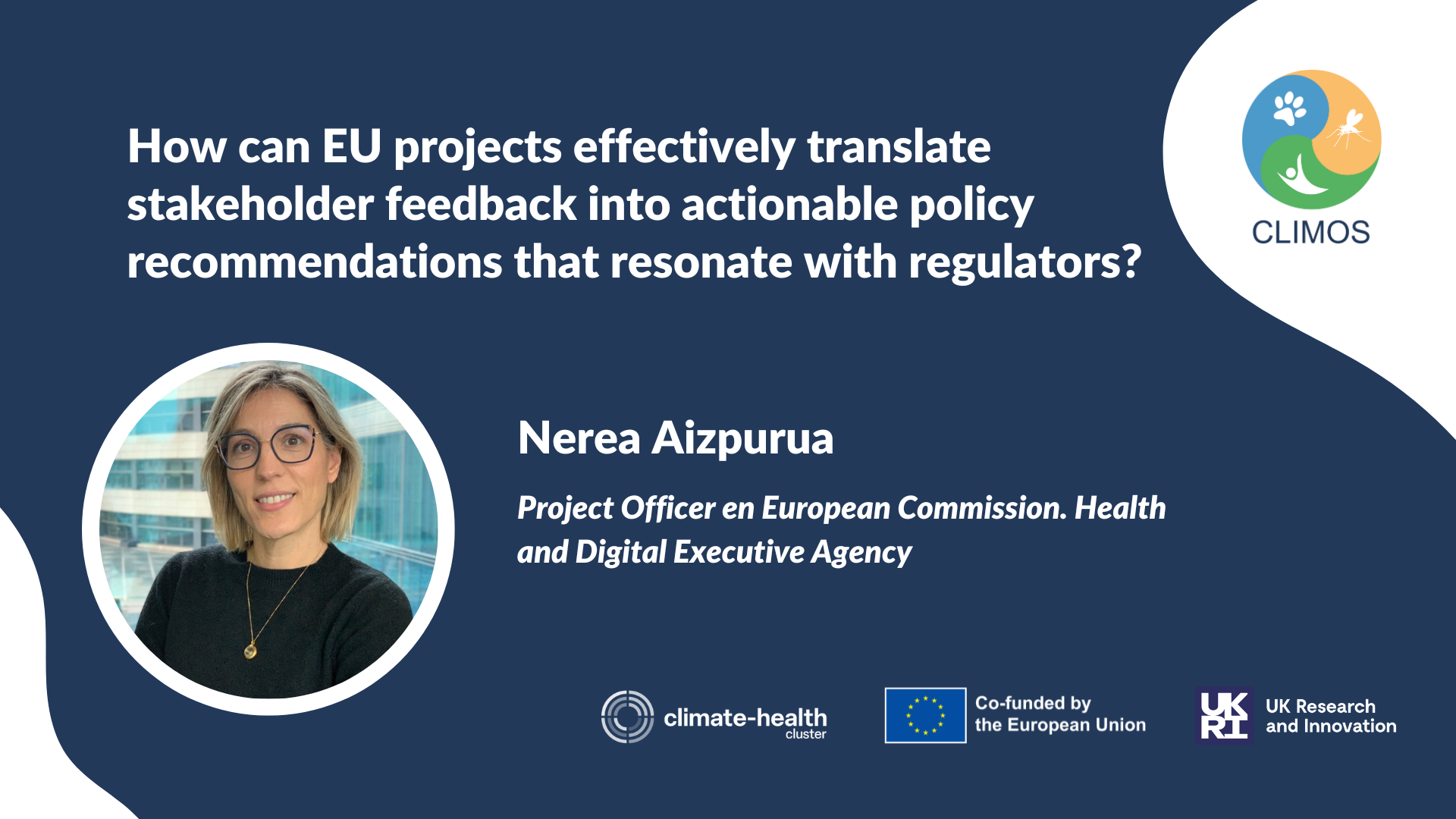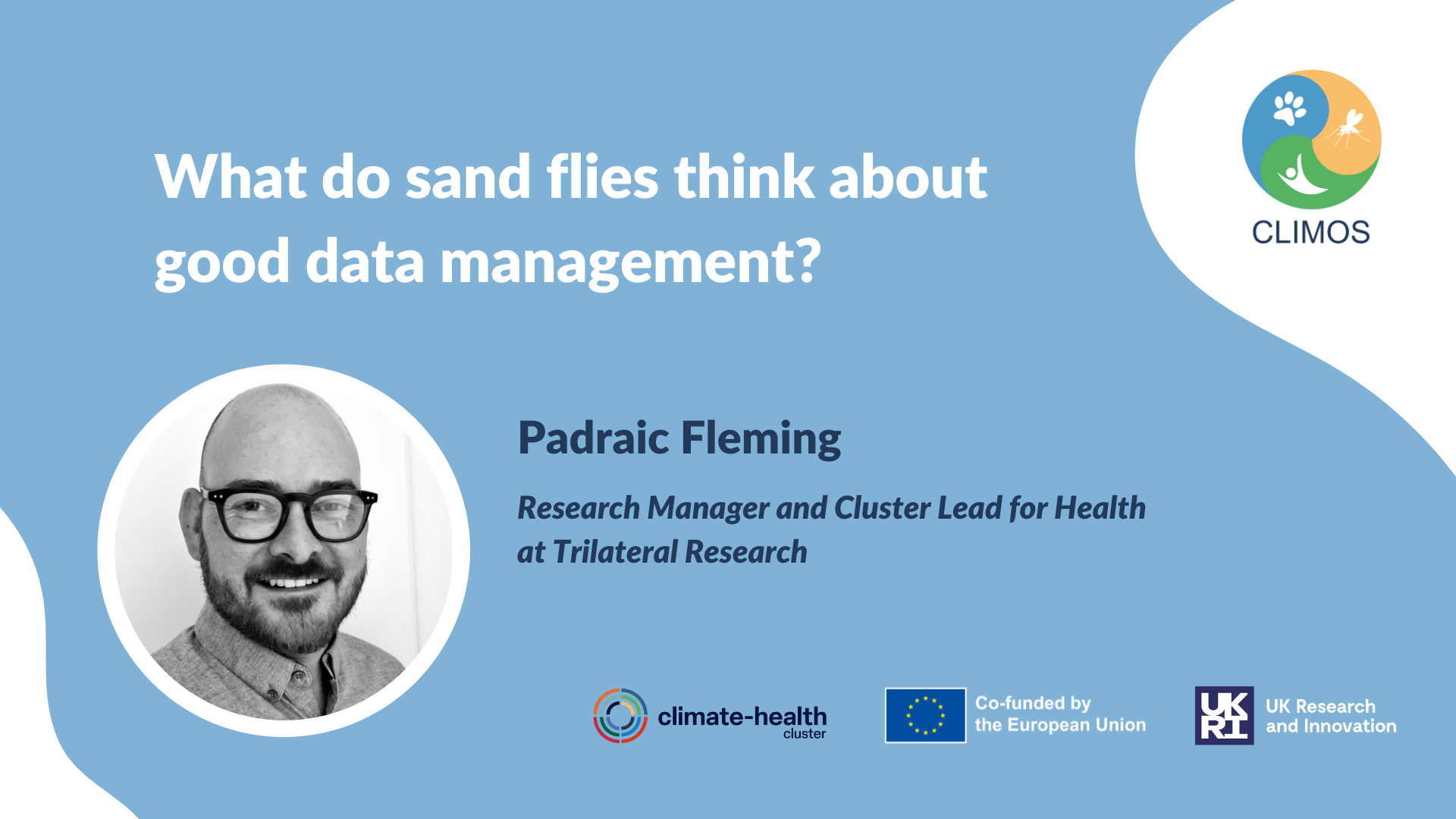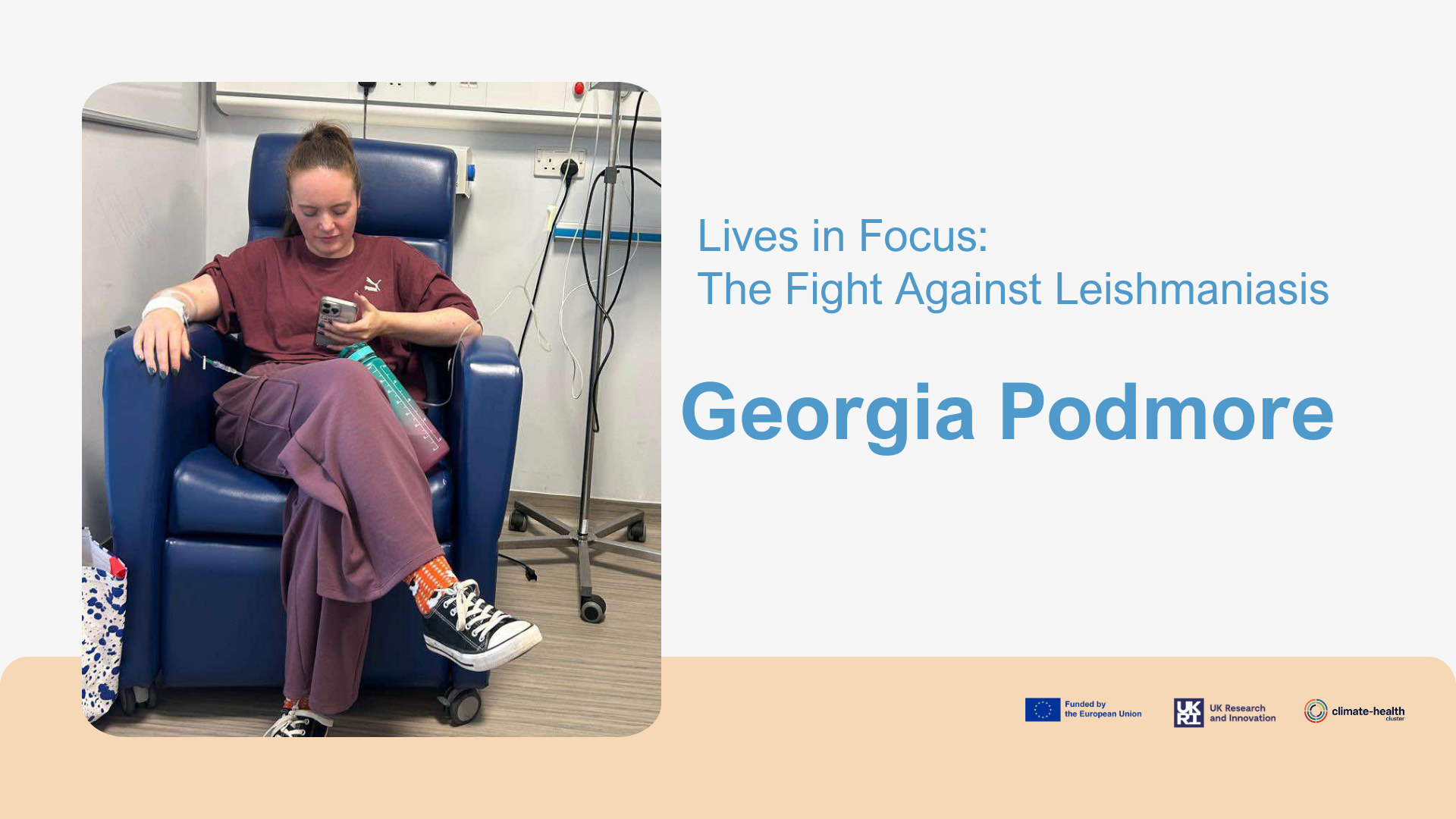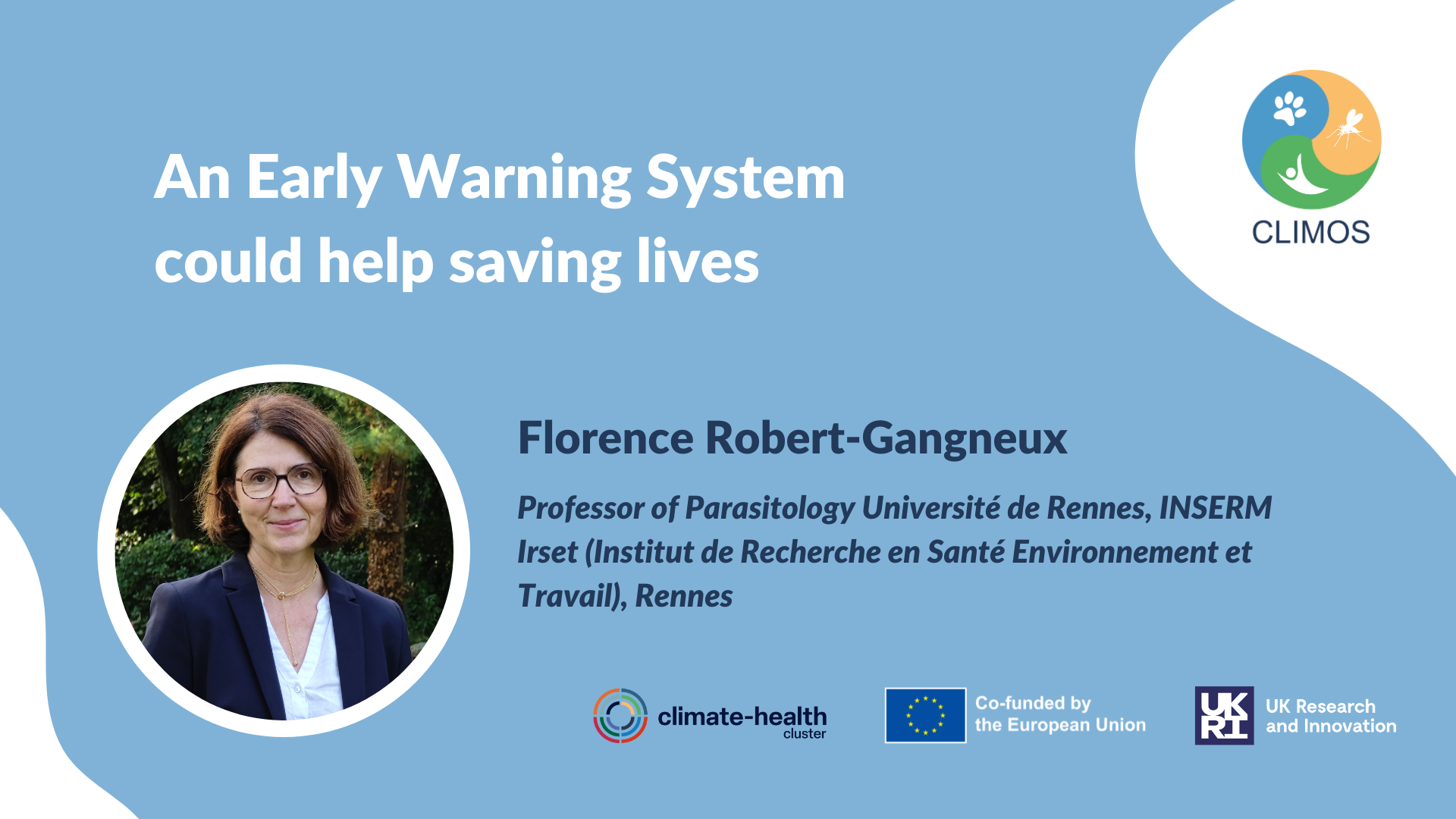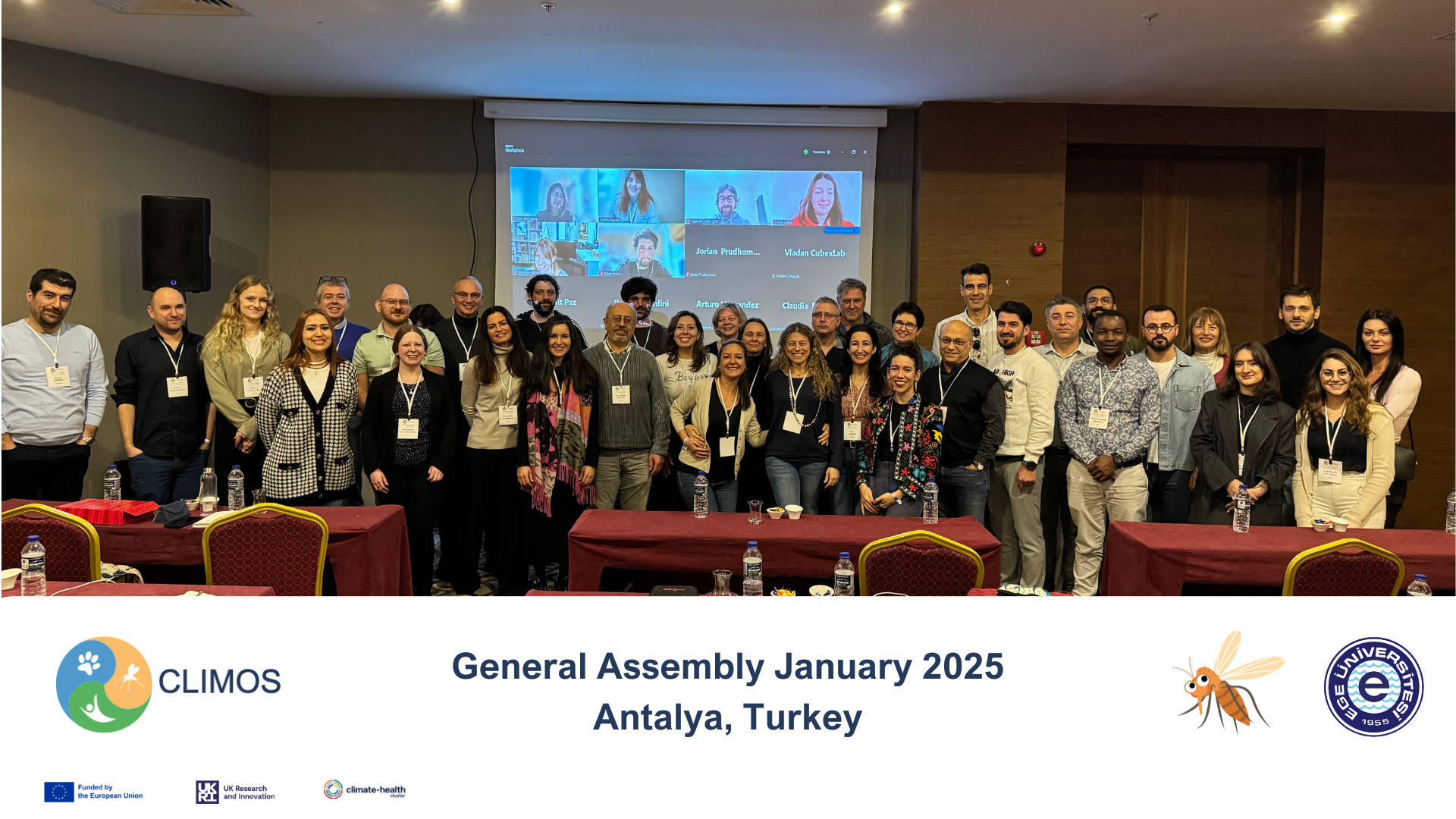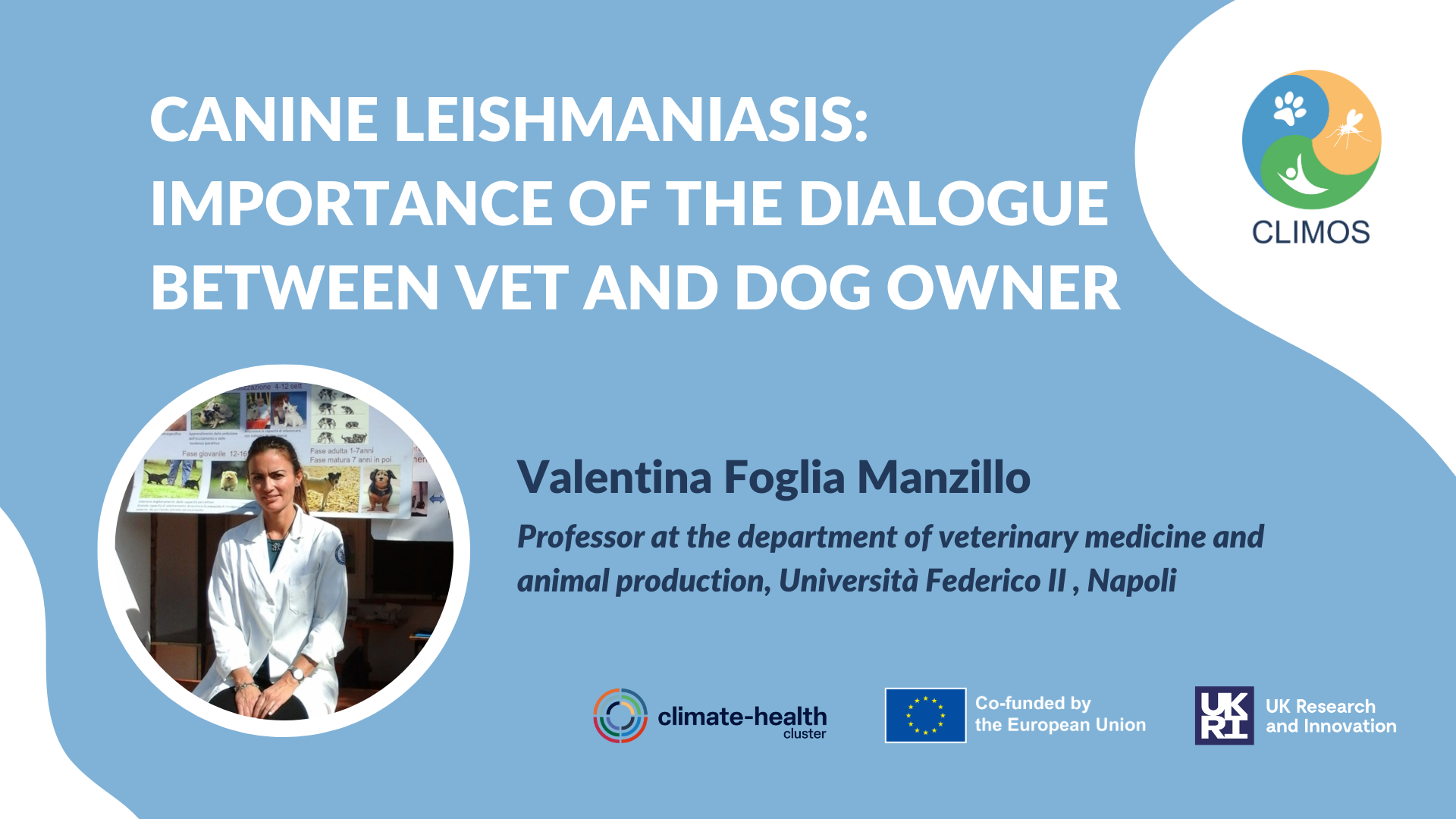There’s a good chance that sand flies don’t give much thought to research ethics or data management. However, the researchers in CLIMOS certainly do.
Continue readingWhat do sand flies think about good data management?
There’s a good chance that sand flies don’t give much thought to research ethics or data management. However, the researchers in CLIMOS certainly do.
Continue readingGeorgia Podmore’s journey against leishmaniasis
Travelling abroad to volunteer for wildlife conservation is often an exciting and fulfilling experience. However, for Georgia Podmore, a trip to Costa Rica turned into a long and distressing health battle after she contracted leishmaniasis from sand fly bites.
Continue readingAn Early Warning System could help saving lives
Leishmaniasis is a vector-borne infection ranked by the World Health Organization as second most important protozoan parasitic disease after malaria for its morbidity, mortality and global distribution.
Continue readingIn its final year, CLIMOS reduces the gap between science and policy in vector control
Zoonotic visceral leishmaniasis is a sand fly-borne disease caused by the protozoan parasite Leishmania infantum and is widely distributed in temperate and subtropical countries of both the Old and New Worlds
Continue readingCanine leishmaniasis: importance of the dialogue between vet and dog owner
Zoonotic visceral leishmaniasis is a sand fly-borne disease caused by the protozoan parasite Leishmania infantum and is widely distributed in temperate and subtropical countries of both the Old and New Worlds
Continue readingA Difficult Journey with Leishmaniasis and Lessons for Dog Companions
Salep was a 6.5-year-old rescue Golden Retriever from Izmir, Turkey, who sadly passed away from leishmaniasis in the UK on 3 September 2024.
Continue readingIs developing an early warning system (EWS) for sand flies worth the effort?
CLIMOS’ initiative to bring together a large group of scientists and resources from Europe and neighboring countries to develop an early warning system for sand flies well deserves an explanation.
Continue readingThe Crucial Role of Foresight Scenarios in Policy Making
In today’s world, where global health issues are getting more and more complex, it’s more important than ever to use foresight scenarios in policy making.
Continue readingCLIMOS at the 8th World One Health Congress
Danyang Wang represented the CLIMOS project at the 8th World One Health Congress in Cape Town with her impactful poster on understanding and predicting sand fly occurrences in Europe.
Continue reading